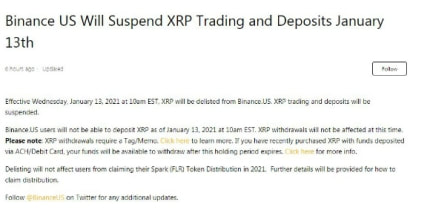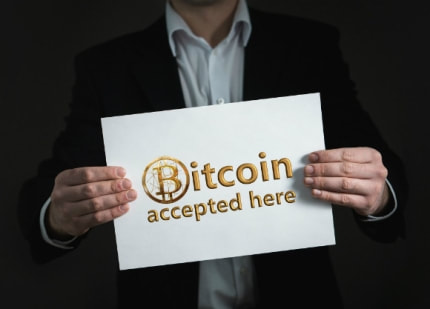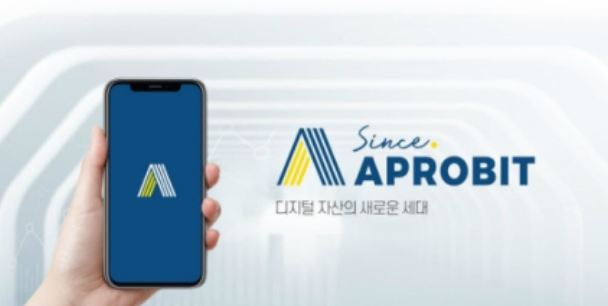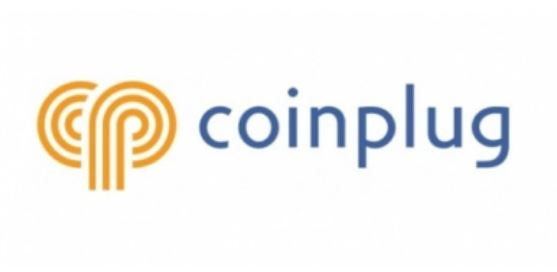While large overseas virtual asset exchanges such as Coinbase (www.coinbase.com) and OKCoin (www.okcoin.com) have stopped trading Ripple (XRP), a similar move has begun on Korean virtual asset exchanges.
0 Comments
With the revised Specific Financial Information Act (SFIA) that regulates virtual asset providers (VASP) coming into effect in March, there is a temperature difference between Korean virtual asset services and overseas services.
The Korean government supports blockchain companies to enter the global market and establishes a dedicated organization in charge of establishing standards for blockchain services.
Aprobit (www.aprobit.com) stops sharing order book with Bitfinex (www.bitfinex.com) "To comply with SFIA (Specific Financial Information Act)."
The real name verification service using the decentralized identity authentication (DID) of the blockchain company Coinplug (www.coinplug.com) was selected as an innovative financial service by the Financial Services Commission.
|
AuthorDongWon KWAK. Korea Venture Capital and Startup Expert. Archives
January 2023
Categories
All
|





 RSS Feed
RSS Feed

